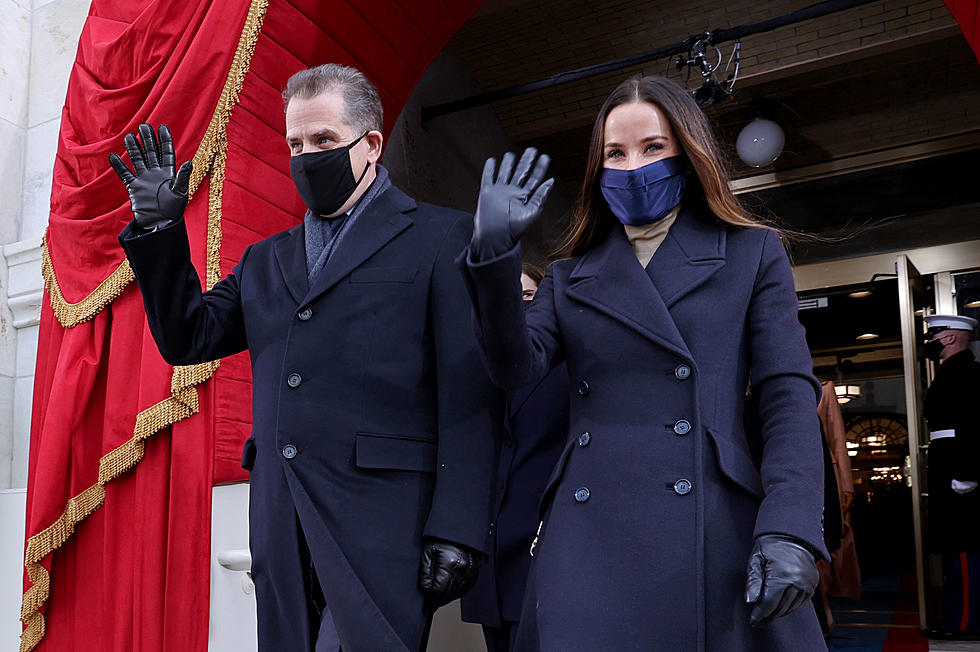
Environmentalists: Offshore drilling rule changes dangerous
The rule changes announced in March will make oil and gas exploration and development off the Pacific, Atlantic, Alaska, and Gulf coasts "significantly more dangerous," according to the federal lawsuit filed Tuesday by national groups including the Sierra Club and Defenders of Wildlife, and groups on the Gulf and Carolina coasts.
"Rolling back safety standards while trying to aggressively expand offshore drilling just boggles the mind. So we're asking the court to step in to protect workers, wildlife, coastal communities and our climate," Kristen Monsell, a senior attorney at the Center for Biological Diversity, another plaintiff, said in a news release.
Tiffany Gray, spokeswoman for the Interior Department's Bureau of Safety and Environmental Enforcement, said in an email that the agency cannot comment about pending litigation.
The rules were imposed six years after the Deepwater Horizon explosion, which killed 11 workers as BP PLC executives celebrated the project's safety record at the rig on April 20, 2010. Over the next 87 days, the well nearly a mile (1.6 kilometers) deep in the Gulf of Mexico spewed out an estimated 130 million gallons (493 million liters) of oil.
Scientists estimate the oil killed or seriously hurt "billions, if not trillions" of animals, the lawsuit said. The government declared a fisheries disaster. BP says its costs have topped $60 billion.
Interior Secretary David Bernhardt said in March that the changes would eliminate unnecessary regulation while keeping safety and environmental protection.
"The National Commission on the BP Deepwater Horizon Oil Spill and Offshore Drilling ... noted in its Report to the President that industry had been given decades to regulate itself in terms of worker safety and environmental stewardship and had done neither," the lawsuit stated.
The 44-page lawsuit, filed by lawyers for the environmental legal nonprofit Earthjustice, said the changes will put "workers' lives, coastal communities, and the environment at substantial risk."
According to the suit, the administration has eliminated independent inspections of safety equipment, slashed standards for testing and inspecting equipment, weakened requirements for blowout preventers, and let existing drilling rigs use outdated standards for blowout preventers.
The rules were set in place in 2016. Over the previous decade, there were an average of five deaths and five losses of well control a year, but there were none in 2017, the lawsuit said. The rules probably contributed to that reduction, the lawsuit said.
The Bureau of Safety and Environmental Enforcement, the Interior Department agency created to oversee drilling safety, "failed to provide any good reason or rational basis" for the changes, or to pay enough attention to their environmental effects, according to the suit.
It also said the agency "engaged in covert rulemaking ... allegedly relying on information it did not disclose to the public, and adding industry's requested changes" without putting them up for public comment.
Officials have estimated the Trump administration revisions will save the oil industry over $1.5 billion over the next 10 years.
"On the Gulf Coast, these safety standards have very real implications for workers, the environment and our coastal economy," said Cynthia Sarthou, executive director of Healthy Gulf, a Gulf of Mexico environmental group. "This administration claims the cost is a 'burden' to one of the most profitable industries in the world. That is not a sound justification to roll back these necessary safeguards enacted to prevent another catastrophic blowout like the BP disaster."
More From News Talk 96.5 KPEL









